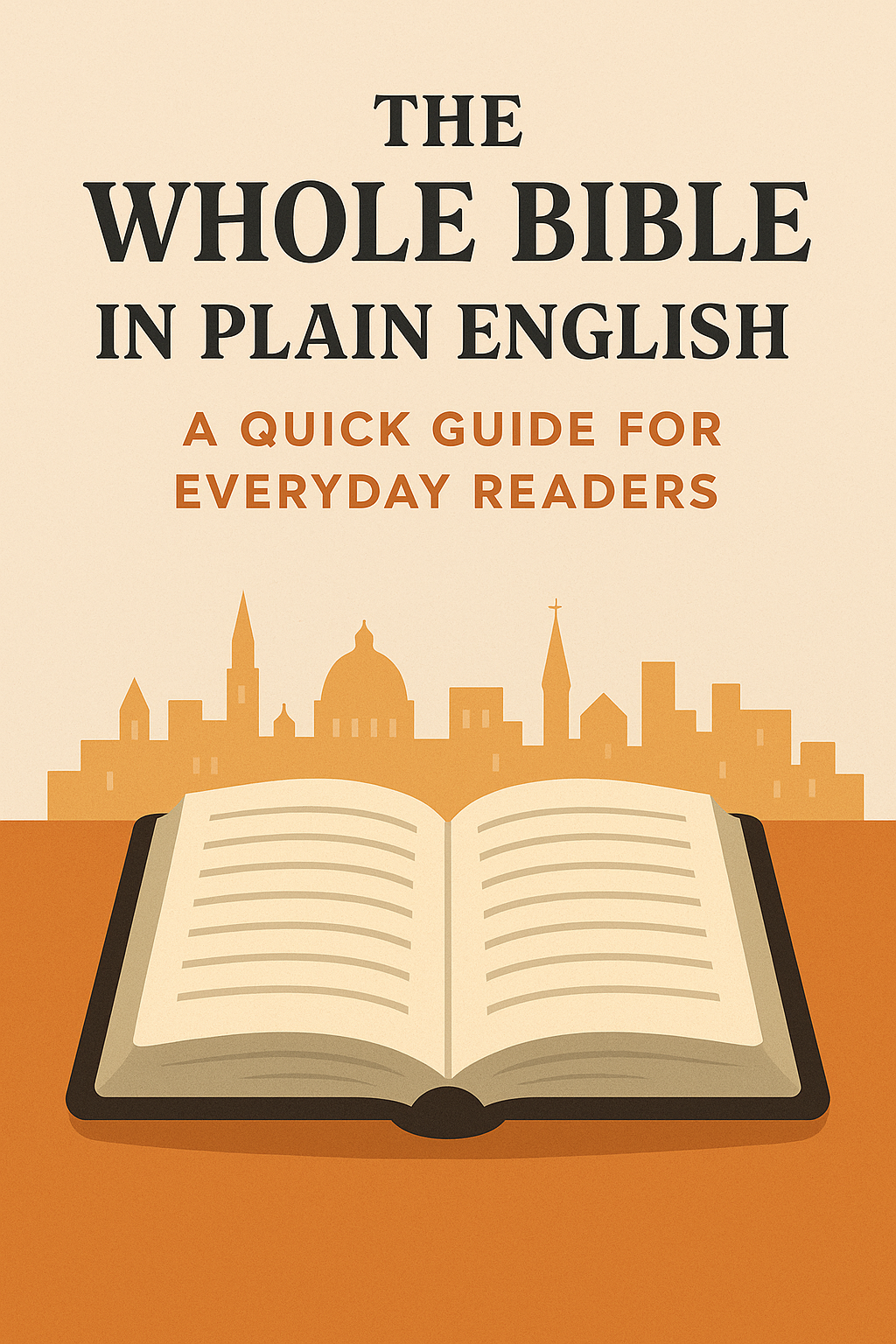“The accumulation of all powers, legislative, executive, and judiciary, in the same hands, whether of one, a few, or many, and whether hereditary, self-appointed, or elective, may justly be pronounced the very definition of tyranny.” –James Madison
James Madison highlights the fundamental principle of the separation of powers, which is essential to preventing tyranny in government.
Two types of power, concentrated and separated, address a fundamental aspect of governance. Understanding these types of power and their implications is crucial for evaluating different government systems and their effects on liberty and accountability.
Concentrated Power:
- Definition:
- Centralization: Concentrated power refers to the accumulation of authority and decision-making in a single entity or a small group. This can be seen in oligarchies, autocracies, dictatorships, or highly centralized governance systems.
- Lack of Checks and Balances: In systems with concentrated power, there are typically fewer mechanisms for accountability and control over those in power.
- Characteristics:
- Efficiency: Decisions can be made quickly and implemented without the delays often associated with democratic and representation processes or legislative debate.
- Potential for Abuse: The centralization of power can lead to corruption, abuse, and the suppression of dissent, as there are few limits on the actions of those in control.
- Examples:
- Authoritarian Regimes: Countries where power is held by a dictator or a ruling party, such as Nazi Germany and many others in history and in modern era.
Separated Power:
- Definition:
- Definition: The act of dividing or keeping distinct elements apart to ensure independence and prevent overlap.
- Division of Authority: Separated power involves distributing authority across different branches or levels of government to ensure no single entity or group holds too much power. This is a hallmark of democratic-republican systems.
- Checks and Balances: The separation of powers is designed to create a system of checks and balances where different branches can monitor and limit each other’s actions.
- Duties: Divide responsibilities among employees or departments to reduce fraud and errors.
- Purpose: To create clear boundaries and ensure distinct roles or functions to promote balance, accountability, and efficiency.
- Application: Used in structural and organizational contexts to ensure clear divisions and independence.
- Goal: Aim for clarity, independence, and balanced functioning of distinct roles or entities.
- Outcome: Leads to structured systems where distinct parts operate independently but are interrelated.
- Characteristics:
- Accountability: By dividing power, it’s easier to hold different parts of government accountable and prevent any one branch from becoming too powerful.
- Deliberation and Debate: Decision-making processes are often slower and involve more debate and compromise, which can lead to more thoughtful and representative outcomes.
- Local Autonomy: In federal systems, power is divided between national and local governments, allowing for policies more tailored to local needs in a bottom-up direction.
- Examples:
- United States: The U.S. Constitution establishes a federal system with separated powers among the executive, legislative, and judicial branches and the individual States.
- Modern Governments: Most contemporary governments, such as those in Europe, have some form of separate powers to prevent tyranny and protect individual liberties.
Significance of the Separation of Government:
- Prevention of Tyranny: By dividing powers among different federal branches and individual States, no single entity or group can control all government aspects, which helps prevent abuse of power and authoritarian rule.
- Checks and Balances: Each branch and individual State have the authority to check the powers of the other branches and individual States, ensuring a balance of power. For example, the executive can veto legislation, the legislature can override vetoes, and the judiciary can declare laws unconstitutional. The individual States, through the two branches of Congress, make up the legislative branch.
- Accountability: Separation of powers promotes accountability by ensuring power is not concentrated in one place. Each branch operates independently but is held accountable by the other branches. Article IV shows cooperation between the states and the federal government.
- Protection of Liberties: The separation of powers protects individual rights and liberties by preventing any single entity from having unchecked power.
- Institutional Integrity: Ensuring that no branch oversteps its boundaries maintains institutions’ integrity and proper functioning, fostering public trust in the government.
Implications for Governance:
- Stability and Flexibility:
- Concentrated Power: Can provide stability and the ability to act decisively in times of crisis, but at the risk of becoming rigid and unresponsive to the people’s needs.
- Separated Power: Encourages flexibility and adaptability, as different branches or levels of government through the states can respond to changes and new information but may face challenges in achieving quick consensus.
- Protecting Liberties:
- Concentrated Power: Often poses a significant threat to individual freedoms and human rights, as there are fewer constraints on the government’s actions.
- Separated Power: This is better at protecting individual liberties, as the distribution of power makes it harder for any one branch to impose authoritarian measures.
- Public Participation:
- Concentrated Power: Can lead to apathy or fear among the populace, as their ability to influence government decisions is limited.
- Separated Power: Encourages public participation and engagement, as citizens can influence policy and hold their representatives accountable.
The distinction between concentrated and separated power is fundamental to understanding different systems of governance, their effects, and the direction society is taking. Concentrated power, while efficient and decisive, often leads to abuses and the erosion of freedoms. Separated power, though potentially slower and more complex, generally provides better protection for individual liberties and fosters a more accountable and responsive government.
When power is separated, the individual is supreme.
The more power is concentrated in government, the less freedom and opportunity are experienced by the individual.
The different types of government (republic & oligarchy) are on a sliding scale between maximum individual liberty on one end and maximum state control on the other, called tyranny.
“The founding fathers expressed the ideal of Government based on the individual. That ideal previously had existed only in the hearts and minds of men. . . They recogniz[ed] God as the author of individual rights.” — Dwight Eisenhower
The United States’ founding fathers articulated a government vision emphasizing the importance of individual rights, rooted in Enlightenment ideals and a belief in natural rights endowed by a Creator. This perspective was revolutionary at the time, as it shifted the basis of political authority from monarchs and centralized power to the inherent rights of individuals. Here’s an exploration of these concepts and their implications:
Individual Rights and Government:
- Philosophical Foundations:
- Natural Rights: The founding fathers were influenced by Enlightenment philosophers like John Locke, who argued that individuals possess natural rights to life, liberty, and property. These rights are inherent and not granted by governments.
- Social Contract: The idea that governments are formed through a social contract, where individuals consent to be governed to protect their natural rights, was central to their thinking.
- Role of Government:
- Protection of Rights: The founding fathers envisioned the primary role of government as protecting individual rights. The Declaration of Independence explicitly states that governments are instituted to secure these rights, deriving their just powers from the consent of the governed.
- Limited Government: The founding fathers advocated for a system of limited government with checks and balances to prevent tyranny and the abuse of power. The Constitution was designed to distribute power across different branches and levels of government to safeguard individual liberties.
- Recognition of a Higher Authority:
- Divine Endowment: The belief that a Creator endows individual rights provided a moral and philosophical foundation for these rights. By grounding rights in a higher authority, the founding fathers argued that these rights are inalienable and cannot be legitimately taken away by any human institution.
- Moral Responsibility: Recognizing God as the author of individual rights also implied a moral responsibility to uphold and protect these rights, individually and collectively.
Implementation in American Governance:
- Declaration of Independence:
- Equality and Rights: The Declaration of Independence asserts that “all men are created equal” and “endowed by their Creator with certain unalienable Rights,” including “Life, Liberty, and the pursuit of Happiness.” This document laid the philosophical groundwork for American governance.
- Right to Alter or Abolish Government: It also emphasizes the people’s right to alter or abolish any government that becomes destructive to these ends, reinforcing the idea that government exists to serve the people.
- The Constitution and Bill of Rights:
- Framework for Governance: The Constitution established a framework for governance that aimed to protect individual rights through a system of checks and balances, separation of powers, and federalism.
- Specific Protections: The Bill of Rights, the first ten amendments to the Constitution, explicitly enumerates certain individual rights, such as freedom of speech, religion, and the press; the right to bear arms; and protection against unreasonable searches and seizures, among others.
Implications for Modern Governance:
- Ongoing Relevance:
- Protection of Rights: The principles articulated by the founding fathers remain central to American political life. Ensuring the protection of individual rights continues to be a core function of government.
- Vigilance Against Tyranny: The need for vigilance against the concentration of power and the potential for government overreach is a recurring theme in American history and political discourse.
- Civic Engagement:
- Active Participation: A government based on protecting individual rights requires citizens’ active participation to hold it accountable and ensure it remains true to its founding principles.
- Education and Awareness: Understanding these principles’ philosophical foundations and historical context is essential for informed civic engagement and preserving liberty.
The founding fathers’ vision of a government based on individual rights, grounded in the belief that a Creator endows these rights, remains a foundational element of American political philosophy. This vision emphasizes the protection of personal liberties, limited government, and the moral responsibility to uphold these principles. In modern governance, these ideals continue to guide and challenge us, requiring ongoing vigilance, active participation, and a deep understanding of our constitutional heritage.
“I suggest to you there is no left or right, only an up or down. Up to the maximum of individual freedom consistent with law and order, or down to the ant heap of totalitarianism; and regardless of their humanitarian purpose those who would sacrifice freedom for security have, whether they know it or not, chosen this downward path.” — Ronald Reagan.






